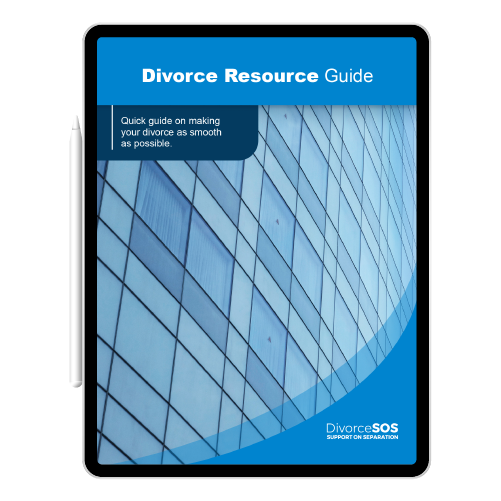Spousal Support
Both married and unmarried couples can advance a claim for spousal support. Unmarried couples must have lived together for three years or share a child if they have lived together for less than three years. Married spouses can advance a claim regardless of the length of the marriage.
When a court is considering spousal support the court will look at whether or not entitlement can be established, if established, the appropriate quantum and also the appropriate duration.

Entitlement
When assessing the entitlement to spousal support a number of factors are to be considered including the length of the relationship, whether or not there are any children of the relationship, the age of the parties at the date of separation, the education and work experience of each party and the roles adopted in the relationship, to name a few. Spousal support can be based on either compensatory principles or non-compensatory principles. A compensatory support claim is meant to address the economic consequences of one of the parties adopting a more traditional role in the relationship which has had an impact on his or her ability to support him or herself after relationship. Non-compensatory support is meant to address the situation where one party simply makes significantly more than the other party.
Quantum
If entitlement is established the Spousal Support Advisory Guidelines are a computer calculation program to determine quantum that has been endorsed by the courts. Certain factors are inputted into the program, such as each parties income, age and whether or not there are any children of the relationship. The program then generates a range of acceptable monthly amounts; low, mid and high. The Ontario courts have positively endorsed these ranges and if a matter is in court a judge is expected to award support within the range and, if not, provide a written explanation for not using the suggested amounts.
MEET WITH US
Duration
The duration of the spousal support is generally reflective of the length of the marriage. In a short marriage, for example of less than five years, the spousal support may be of a short duration to assist a party to re-establish him or herself. A long-term marriage, of 15 years or more will likely attract a longer term of spousal support.
Taxation
Spousal support is taxable to the recipient if it is paid on a regular basis, for example monthly. The support is also tax deductible to the payor. Spousal support can also be paid in a final settlement as a lump sum. When support is paid as a final settlement in a lump sum it is not taxable to the recipient and not tax deductible to the payor. Various factors go into determining the appropriate lump sum.
Insurance
The payor of spousal support will be required to maintain a policy of life insurance in the event of death before the entitlement has been satisfied.
DIVORCE REFERENCE GUIDE

